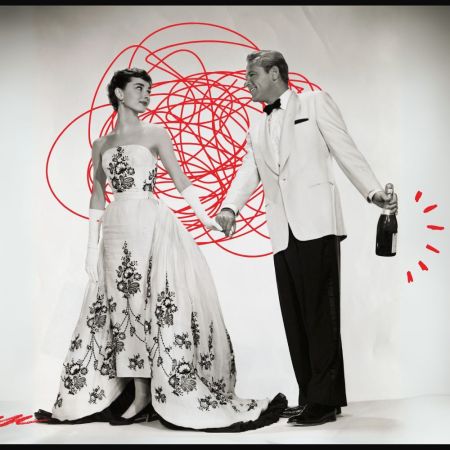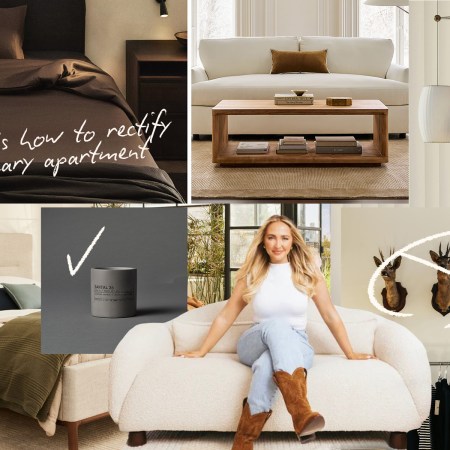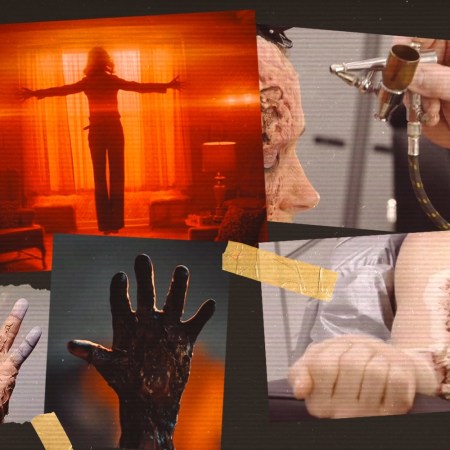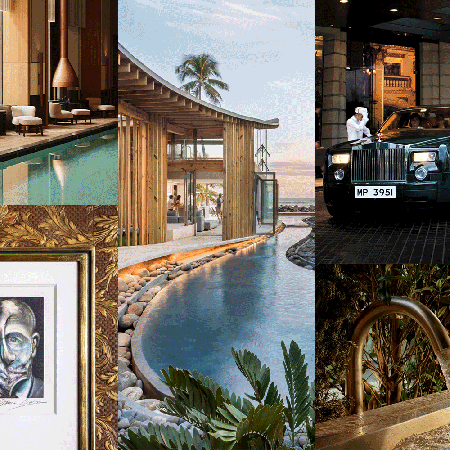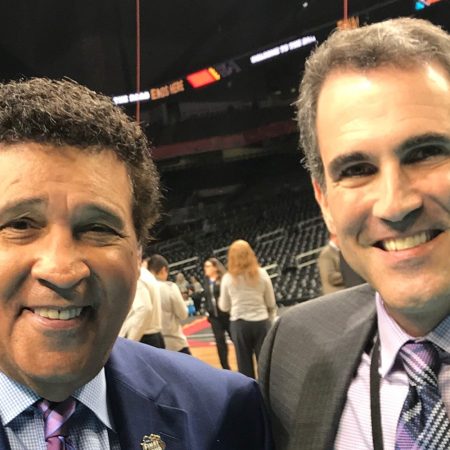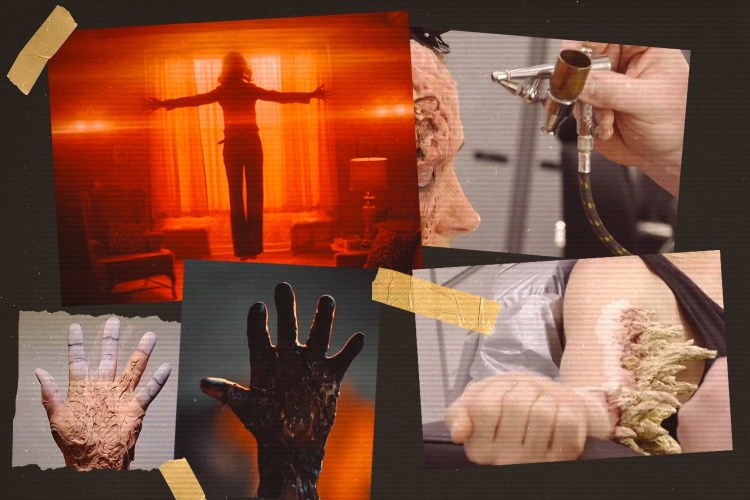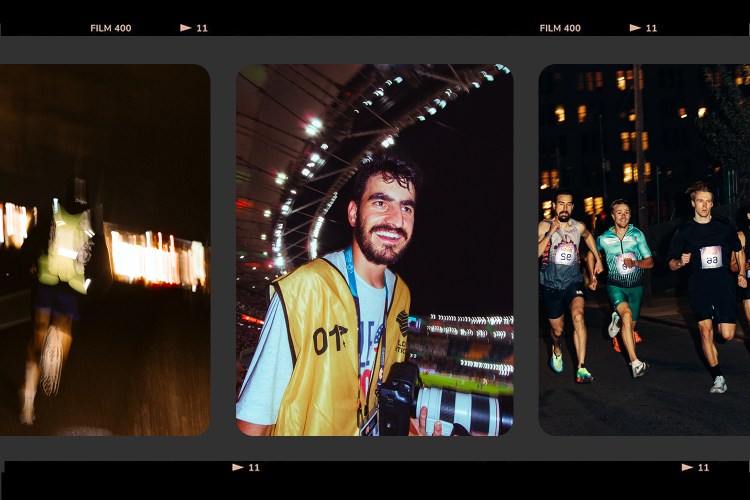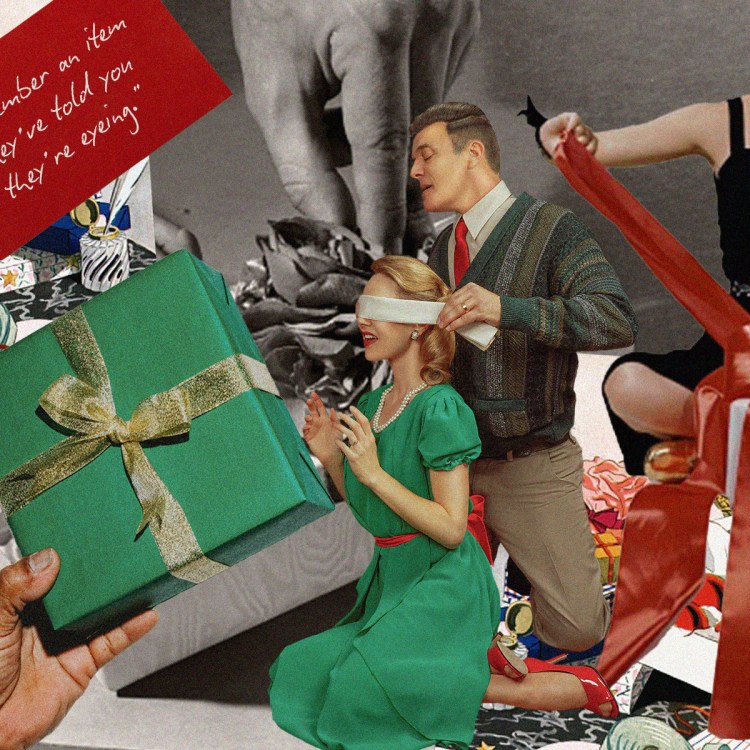In a moment of astute clairvoyance this time last year, I predicted the demise of the dating apps in 2024. Okay, it wasn’t only my sixth sense. I felt justified in my assessment based on conversations I had been having with friends, experiences being a newly single person myself and the discourse trending on social media apps like TikTok.
Before the end of 2023, I came across a TikTok video from comedian Keara Sullivan, who succinctly summed up the state of dating apps at the time: “If you’re someone who met their partner off a dating app at any point in the last year and a half, two years, just know that you caught the last chopper out of Nam.”
There was a shift in the dating landscape by the end of 2023, which only accelerated this year. A new breed of companies began marketing matchmaking to app-fatigued singles; Lox Club, Ambyr Club and We Meet IRL are just some of the services that host in-person events where singles can speed date and mingle at happenin’ bars with the purchase of a ticket. Meanwhile, the once-dominant dating app platforms, like Bumble and Hinge, were receiving widespread criticism for treating dating like a game.
“The dating app design is built to keep users coming back, offering quick hits of dopamine every time you match, swipe, or like — essentially ‘gamifying’ dating,” says Natasha Marie Narkiewicz, a sexual wellness expert and the head of communications at MysteryVibe.
Because of this design, many users are now approaching dating apps more casually, like they’re “window shopping,” rather than putting in the effort to actively seek a partner and a fulfilling relationship. “It’s easy to swipe for fun, but it’s not sustainable, especially not for building a meaningful relationship,” she adds, “and rarely do these matches translate into real-life dates.”
The apps’ visual layouts also don’t lend themselves to forging deeper connections. A person’s entire essence is reduced to a handful of photos and a short bio that can be judged in seconds, Narkiewicz notes. “The qualities that matter most — character, values, humor, emotional intelligence — can’t be ‘seen,’ making it difficult to assess compatibility. These apps haven’t yet found a way to bridge that gap.”
“Dating app fatigue is real, and it stems from the inherent design of these platforms, which often prioritize the illusion of endless options over genuine connection,” says Kellie Ammerman, the CEO of matchmaking company Tawkify. “Swiping encourages a consumerist mindset, where people are treated like products to evaluate rather than humans to connect with.”
Lily Womble, founder of Date Brazen and author of Thank You, More Please: A Feminist Guide to Breaking Dumb Dating Rules and Finding Love, believes that “dating apps have lost the plot.”
“They were built like slot machines,” she says. “[They’re] designed to addict users to swiping left and right.”
These apps also often hide basic features behind a paywall, Womble notes. That’s a common gripe as dating platforms have transitioned over to subscription-based tier models, to the extent that users have questioned whether these apps are purposefully hiding “good” matches from free accounts.
“They show you the same faces over and over, even after swiping left,” she adds. “They can even say ‘We’ve run out of potential matches in your area’ even if you live in a major city.”
Men Aren’t Asking Women Questions on Dates. It’s a Problem.
“The cashiers at Trader Joe’s ask more questions than guys on dates nowadays.”In part due to these prevalent frustrations and Gen Z’s overall disinterest in these apps, popular dating platforms have reported a decline in users as well as revenue. Match Group, the company that owns Tinder and Hinge, reported a 3% decline in paying users in the third quarter of this year. In August, shares of Bumble, the dating app platform where women make the first move, plunged nearly 30% after the company dramatically lowered its annual revenue growth outlook. Both companies also reported abysmal revenue in November, with Bumble posting its first decline in quarterly sales since going public in 2021.
“Singles are looking more toward in-person connection for dating,” says Womble, noting that services like speed dating have become more popular recently. “I think that will only continue into 2025.”
“A few photos and a snappy bio can’t tell you whether someone has good chemistry with you, how their energy feels in a room, or even something as basic as if they make eye contact or laugh at your jokes,” adds Narkiewicz.
It’s why members clubs for eligible singles and dating services like Tawkify have piqued the interest of app-fatigued singles.
Tawkify is a modern matchmaking service “designed to help people build meaningful relationships through a personalized and intentional process,” explains Ammerman. The company employs professional matchmakers who get to know the client’s values, goals and preferences, and use that insight to create tailored matches. Instead of simply getting introduced to potential matches, clients are coached on how to build lasting connections by being their authentic selves. “It’s a hands-on, human-centered approach rooted in relationship science,” she says, “offering clients the tools and support to not only find love but sustain it.”
These IRL dating services fall into a category that’s being called “intentional dating,” a term all of the experts I spoke to used; and they predict it will be a growing trend in 2025. After years of screen fatigue and impersonal interactions on dating apps, people are not only craving real-life experiences that foster organic chemistry, but they are actually willing to take the steps to achieve it.
“These [dating] events offer a refreshing alternative by creating environments where people can meet naturally and authentically,” says Ammerman. “They align with our growing cultural emphasis on slowing down and being intentional in how we connect.”
So if you’re headed into 2025 single, tack this advice onto your list of New Year’s resolutions: Free yourself of endless swiping, delete your dating apps and go meet people the old-fashioned way — in the real world!
“If anyone wants to have a joyful, sexy, magnetic dating season in 2025, you’ve got to know this: in-person dating is not dead,” says Womble. “It is, in fact, alive and well.”
Whether you’re looking to get into shape, or just get out of a funk, The Charge has got you covered. Sign up for our new wellness newsletter today.


